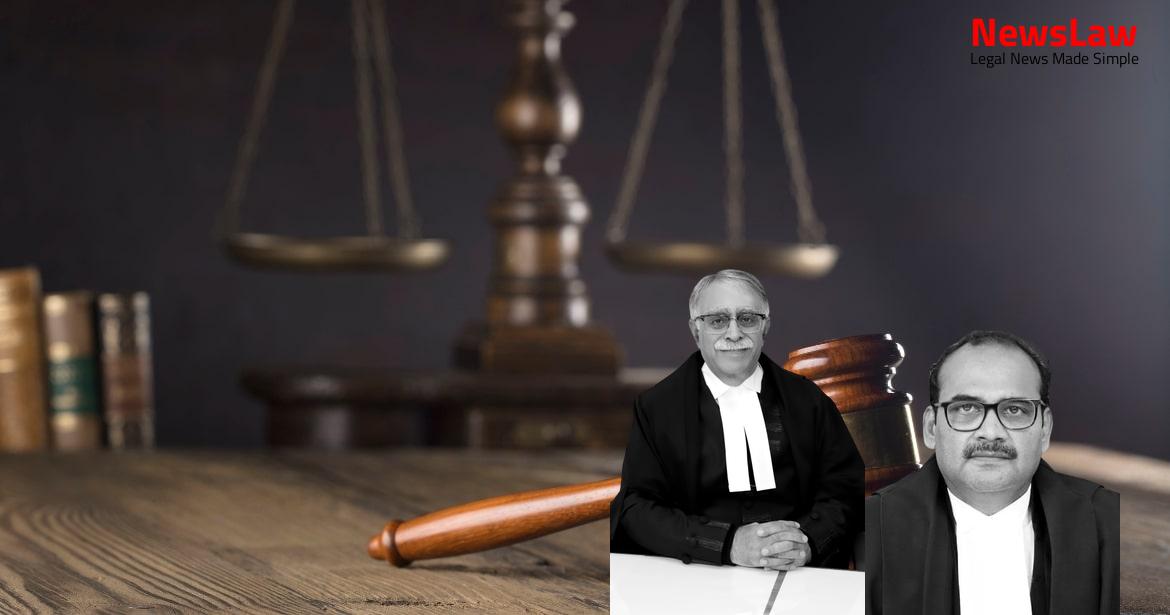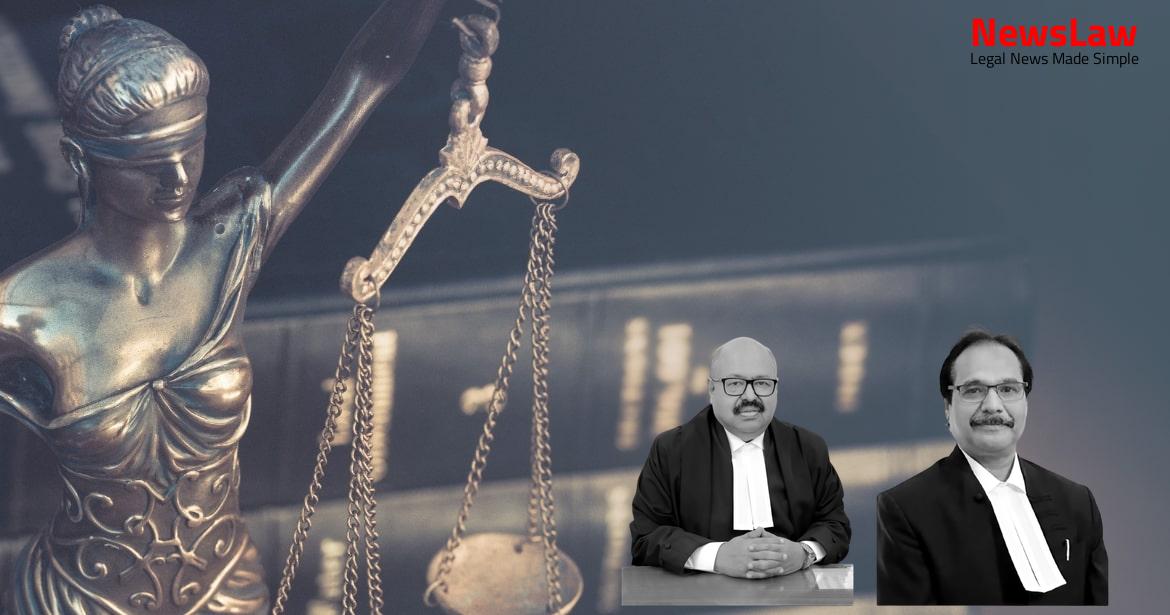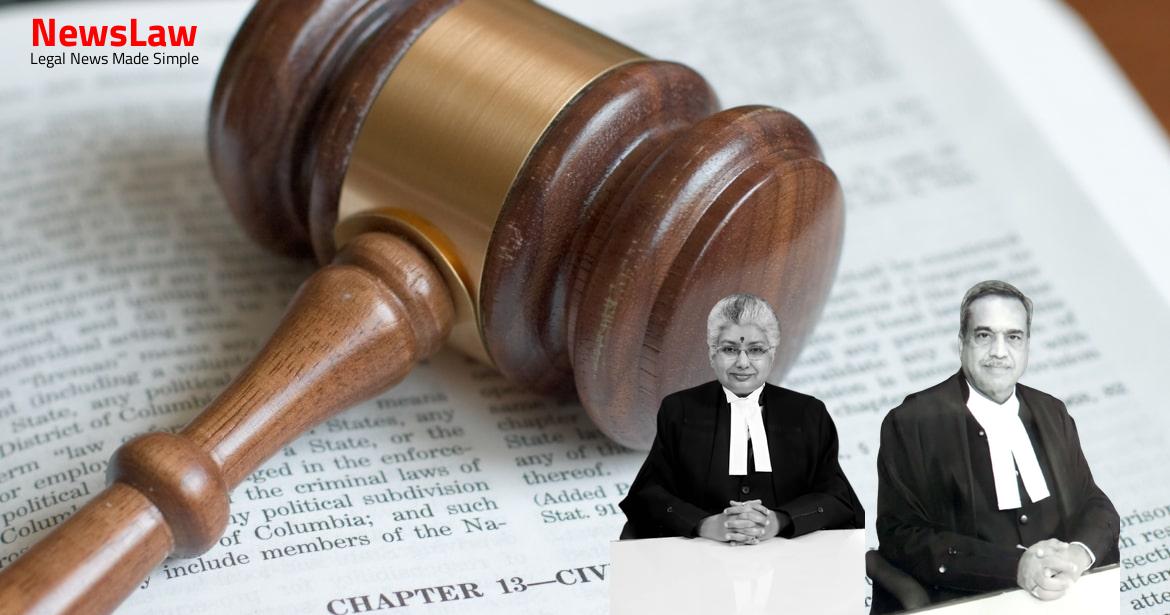The testator bequeathed his estate among three heirs – his sons Anukul and Mahadev, and his grandson Shibu, the son of Upendra (who was not granted any share). Upon a further appeal by the present respondent (the son of Mahadev), the High Court noticed that although the will had been relied upon, it was neither probated nor were letters of administration sought in respect of it.
Also Read: https://newslaw.in/supreme-court/legal-analysis-of-claim-for-loss-of-profit-in-delayed-contract/
The trial court also relied upon a document, i.e., deed executed by Upendra, which also contained a reference to the will.
It was urged that the inordinate delay in approaching the court ought to have defeated the claim for letters of administration. In the will, Upendra had not been bequeathed any portion of the properties by the testator; instead Shibu, his son, was an heir and one of the legatees. Both courts have held the will to be genuine and upheld the claim for administration by the respondent.
Veeraje Urs (D) by L.Rs.
Shamsher Singh reported in 2009 (3) SCC 687, a presumption regarding documents 30 years old does not apply to a will.
Section 71 of the Evidence Act is another connected section “which is permissive and an enabling section permitting a party to lead other evidence in certain circumstances”, as observed by this Court in paragraph 11 of Janki Narayan Bhoir v. In view of the above decision, wills cannot be proved only on the basis of their age – the presumption under Section 90 as to the regularity of documents more than 30 years of age is inapplicable when it comes to proof of wills, which have to be proved in terms of Sections 63(c) of the Succession Act, 1925, and Section 68 of the Evidence Act, 1872. Section 71 reads as follows : “ Section 71 – Proof when attesting witness denies the execution If the attesting witness denies or does not recollect the execution of the document, its execution may be proved by other evidence” 15. Thekkayil Padmini & Ors : “Since both the attesting witnesses have not been examined, in terms of Section 69 of the Act it was incumbent upon the Appellant to prove that the attestation of at least one attesting witness is in his handwriting and that the 8 signature of the person executing the document is in the handwriting of that person.
It may be that the proof given by the attesting witness, within the meaning of Section 69 of the Evidence Act, may contain evidence relating to the attestation by the other attesting witness but that is not the same thing as stating it to be the legal requirement under the Section to be that attestation by both the witnesses is to be proved in a case covered by Section 69 of the Evidence Act. But that is not the requirement in Section 69 of the Evidence Act.”
It is therefore clear that in the event where attesting witnesses may have died, or cannot be found, the propounder is not helpless, as Section 69 of the Evidence Act, 1872 is applicable. If all the above circumstances are considered in totality, and one also keeps in mind the fact that none of the heirs of Upendra contested the grant of letters of administration, there can be only one conclusion, i.e., that the will was duly executed, and the propounder/respondent herein was successful in proving it. There shall be no order as to costs.
Case Title: ASHUTOSH SAMANTA (D) BY LRS. Vs. SM. RANJAN BALA DASI (2023 INSC 225)
Case Number: C.A. No.-007775-007775 / 2021



